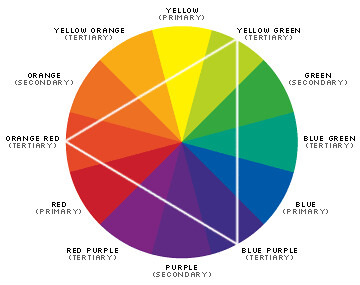Book Value Definition Quizlet

Book value is equal to the cost of carrying an asset on a company s balance sheet and firms calculate it netting the asset against its accumulated depreciation.
Book value definition quizlet. Book value is calculated by subtracting any accumulated depreciation from an asset s purchase price or historical cost. The written down book value is the new cost basis for future amortization. If there is a change in an intangible asset s estimated useful life the change is treated.
It s calculated by subtracting the company s liabilities or debts from its assets. Book value or carrying value is the net worth of an asset that is recorded on the balance sheet. In accounting book value is the value of an asset according to its balance sheet account balance.
Book value is an asset s original cost less any accumulated depreciation and impairment charges that have been subsequently incurred. Traditionally a company s book value is its total assets minus intangible assets and liabilities. The book value includes all of the equipment and property owned by the company as well as any cash holdings or inventory on hand.
The book value is the total equity or net asset value of a company. Should the company dissolve the book value per. What is book value.
The book values of assets are routinely compared to market values as part of various financial analyses for example if you bought a machine for 50 000 and its associated depreciation was 10 000 per year then at the end of the second year. Book value salvage value at the end of an asset s useful life units of production method definition used when equipment use varies from period to period to better match expenses to revenues. The book value of a company is the difference between that company s total assets and total liabilities and not its share price in the market.
Since public companies are owned by shareholders this is also known as the total shareholders equity. Later recovery of the impairment is prohibited. Book value can refer to the company s equity value specifically in relation to its stock value.


















